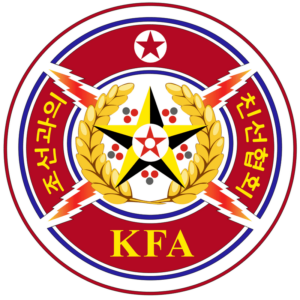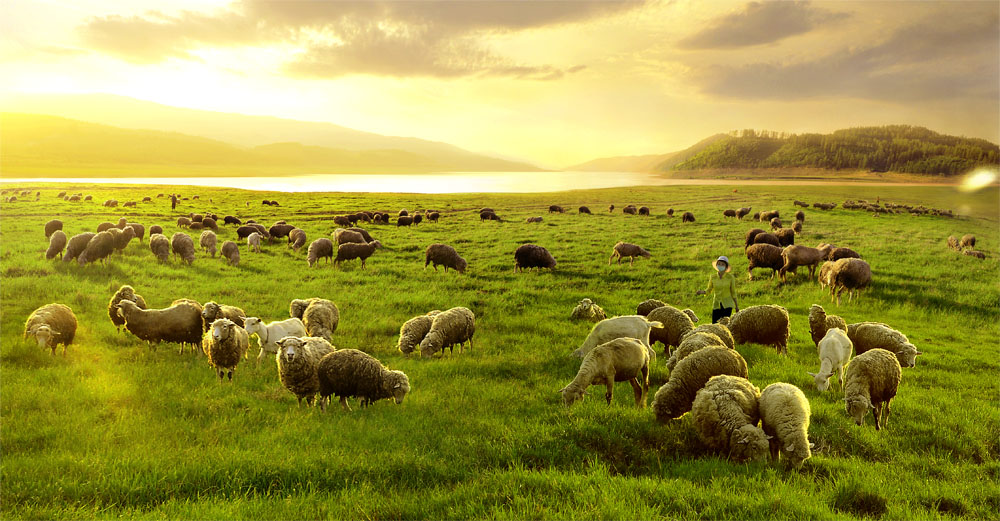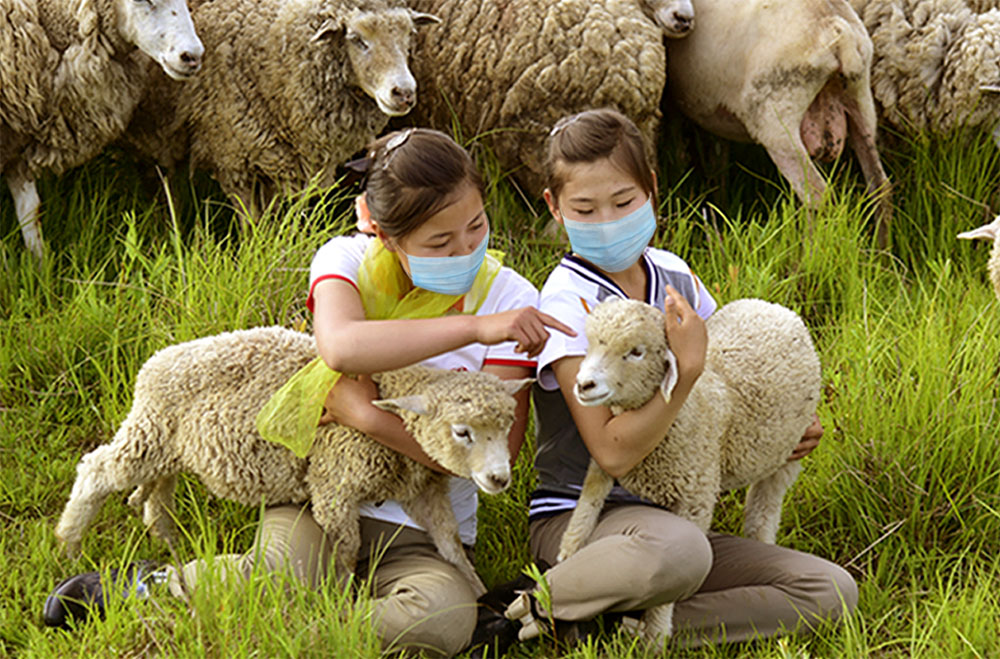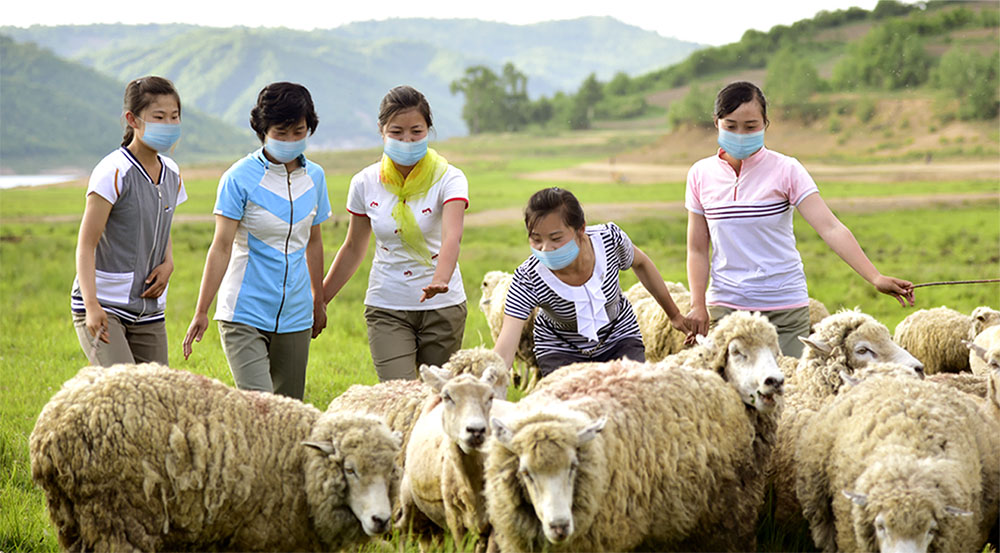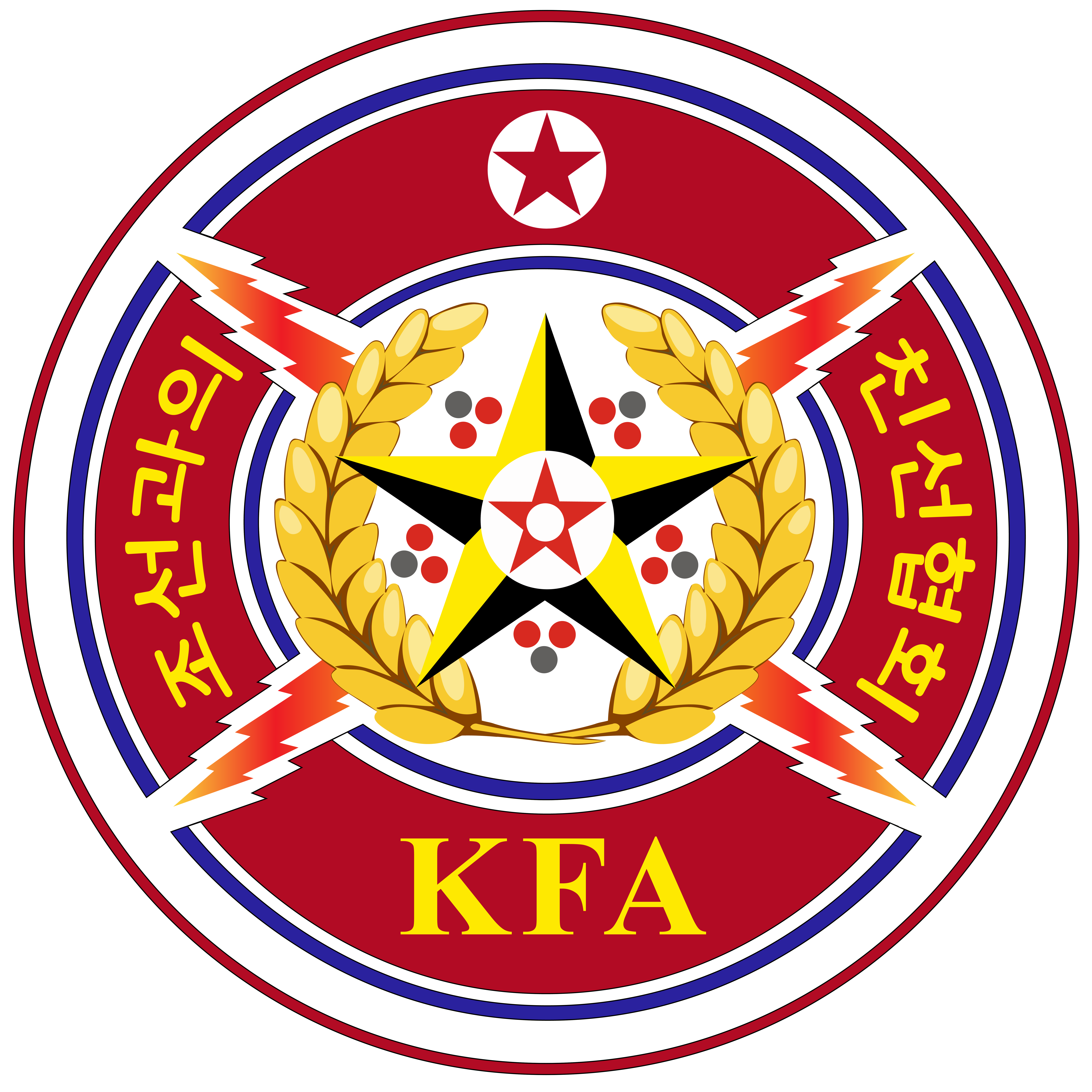News
Flocks of Sheep Grazing by Lake Pujon.
The Pujon Plateau in South Hamgyong Province, one of the eight scenic spots in Korea, offers spectacular scenery of highlands and valleys, and even sunrise over the faraway East Sea of Korea.
In the middle of the plateau surrounded by high mountains of some 2 000 metres is Lake Pujon stretching from north to south. An artificial lake, it is called “a sea in the mountains” featured by thick forests, and more conspicuous view is flocks of sheep grazing by the lakeside.
Hoban-ri to the south of the lake is well known across the country for raising sheep.
Though it is situated in one of the coldest regions of the country, it is increasing the number of sheep every year by introducing good breeds in keeping with the regional conditions and advanced raising methods as suited to physiological characteristics and living behaviours of sheep.
In warm seasons natural and artificial pastures by the lakeside and along the ridges of mountains are shrouded with grazing sheep.
Both collective and individual breeding methods are encouraged in the farm and households.
Good experience in sheep raising is widely known across the farm and a brisk competition for raising more sheep is being waged among workteams and individual households.
Regular measures are taken for veterinary and anti-epizootic work, so as to cut morbidity and death rates.
Meat, wool and skin from sheep raised in the farm are favourably commended for their good quality, and the wool is processed at the Hamhung Woolen Textile Mill.
The more the sheep-raising develops, the better the living conditions of the residents in remote mountainous villages become.
